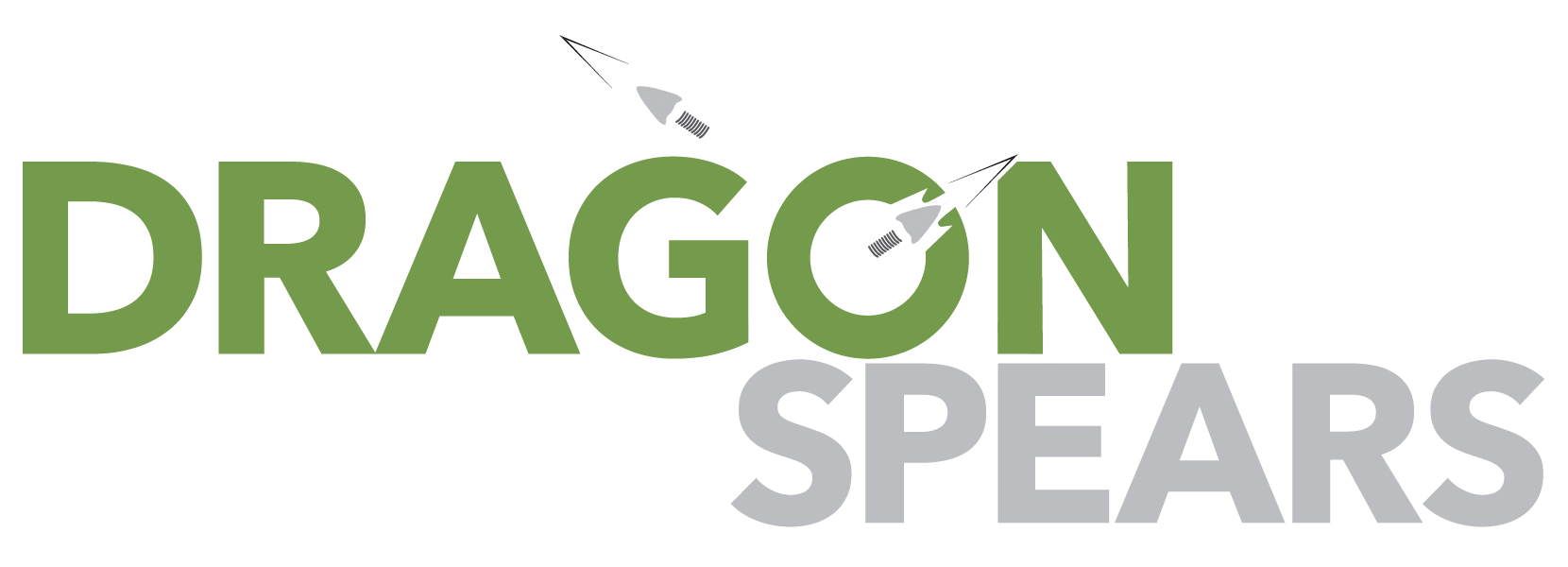In the fast-paced world of technology, you must continuously evolve and improve processes to stay ahead. This is where DevSecOps, a combination of development, security, and operations, comes into play.
One crucial aspect of DevSecOps is measuring performance through metrics and KPIs (Key Performance Indicators). We’ll delve into the importance of metrics and KPIs in DevSecOps and provide you with essential assessment questions to ensure optimal performance.
Understanding Metrics and KPIs
Metrics and KPIs are essential components in measuring the success of any DevSecOps practices. These metrics and KPIs provide insights into different aspects of a DevSecOps process, highlighting areas for improvement and helping teams make data-driven decisions. There are several metrics and KPIs that organizations can track to evaluate the performance of their DevSecOps practices.
Types of Metrics
When it comes to measuring the success of a DevSecOps implementation, there are several different types of metrics that organizations can use. These metrics focus on different aspects of the software development lifecycle, security practices, and operations. Some common types of metrics for DevSecOps performance include:
- Code quality metrics: These metrics help assess the overall quality of the code being developed within the organization. This includes measures such as coding standards compliance, code complexity, and code coverage.
- Vulnerability metrics: These metrics track how many vulnerabilities have been identified in applications and systems during development and operation. They can also measure how quickly these vulnerabilities are addressed.
- Deployment frequency: This metric measures how often new code changes are deployed to production. A high deployment frequency is a key indicator of a successful DevSecOps process.
- Mean time to resolution (MTTR): This metric tracks the average time it takes to resolve issues or incidents occurring in production or during development. A lower MTTR indicates a more efficient response to problems.
- Security testing coverage: This metric tracks how much of an application's codebase has undergone security testing. It helps identify areas that may need additional attention from a security standpoint.
Implementing these various metrics can provide valuable insights into an organization's DevSecOps performance.
Why Conduct a DevSecOps Assessment?

A DevSecOps assessment helps organizations proactively identify potential vulnerabilities and address them before they become major security risks. It also ensures that security is ingrained into every step of the development process, leading to more secure and robust applications. Ultimately, conducting a DevSecOps assessment is essential for creating a secure mindset within an organization and building trust with customers by delivering high-quality and secure products.
What to Consider When Evaluating Performance in DevSecOps?
When evaluating their DevSecOps performance, you should consider a few key factors to ensure they are effectively implementing this approach. Firstly, assess how well the development teams are integrating security practices into their processes, such as conducting regular code reviews and incorporating security testing into the development lifecycle.
Additionally, evaluate whether they have established clear communication channels between their development, security, and operations teams to facilitate collaboration and address any security issues that may arise. Another crucial aspect is continuously monitoring and measuring the effectiveness of their DevSecOps practices to identify areas for improvement and make necessary adjustments.
It’s important that all employees receive proper training on secure coding practices and are educated on potential security risks to maintain a strong security mindset throughout the organization. By considering these elements, you can enhance their DevSecOps performance and build a robust culture of security within your organization.
Key Questions for Assessing DevSecOps Performance
Technical Aspect Questions
When evaluating the performance of DevSecOps within an organization, it's crucial to understand how effectively the team manages security within the software development lifecycle. Here are three key questions that can help assess DevSecOps performance:
- How often are security vulnerabilities identified and resolved? This question aims to gauge the proactiveness and efficiency of the security measures in place. The frequency of identifying and resolving vulnerabilities indicates how well the DevSecOps team is integrated into the software development process.
- How frequently are deployments made? Regular deployments are a good indicator of a healthy DevSecOps culture, as they suggest that the team is efficiently managing the balance between moving quickly and maintaining security.
- How quickly are issues resolved during deployment? The speed at which issues are addressed during deployment can reveal the effectiveness of the DevSecOps workflow and the team's ability to respond to challenges without significant delays.
By asking these questions, you can get a clearer picture of a DevSecOps team's performance and how well security is integrated into their development processes.
Team Collaboration and Communication Questions

To gauge how well a DevSecOps team is functioning, focusing on collaboration and communication is key. Here are some vital questions that can help assess the performance:
- How often do team members provide feedback to each other? Regular feedback loops are essential for continuous improvement and for fostering an environment of open communication and trust.
- Are there regular knowledge-sharing sessions within the team? Sharing insights and learnings not only enhances team capabilities but also ensures that security practices are integrated throughout the development lifecycle.
- How is conflict resolved within the team? Effective conflict resolution strategies are vital for maintaining team harmony and ensuring that security considerations are adequately balanced with development and operational requirements.
These questions can help you gain insights into your DevSecOps team's effectiveness, highlighting areas of strength and identifying opportunities for improvement.
Importance of Continuous Performance Assessment in DevSecOps
By focusing on metrics and KPIs, conducting thorough DevSecOps assessments, and continuously evaluating and improving processes, you can ensure that security is seamlessly integrated into every phase of development. This not only enhances the overall quality and security of the software but also fosters a culture of collaboration and innovation.
Have questions about how you can successfully implement DevSecOps best practices? Contact the DragonSpears team today. We’re here to help you streamline your processes.


